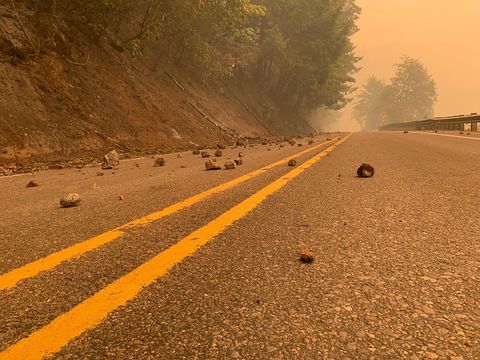Featured Content
Gun safety is top issue for California voters, according to a new Stanford poll
(Stanford News Service, Nov. 1, 2018)
New poll by Stanford scholars shows that women and independent voters will be critical in the midterm elections
(Stanford News Service, May 31, 2018)
Public Opinion Polling

The Bill Lane Center for the American West, in collaboration with partners including the Hoover Institution, regularly conducts surveys of the general public in California and the West. While our public opinion polls cover a wide range of topics, many of them focus on Western governance and policy issues, as well as environmental and climate issues. Recent polls have covered the following topics:

- In 2023, with the Stanford Institute for Economic Policy Research, Arizona State University, and the Hobby School of Public Affairs at the University of Houston, conducted a three-state joint polling project to better understand attitudes in the West.
- With the Hoover Institution, we conducted a 2021 poll on the California gubernatorial recall election.
- A survey of California registered voters was taken in anticipation of the 2020 presidential primary.
- In 2019, the Bill Lane Center conducted an American Western regional poll that included 3,000 respondents and asked many questions about wildfire policy. The survey showed that California wildfires shrink partisan differences about climate change strategies.
- Recent public opinion polls were also taken leading up to the 2018 general election and the 2018 California primary.
The above links provide further details about individual polls conducted by the Center.
Affiliated Researchers
Subprojects

Vertical Axis Wind Turbine Project
This project looks at public opinion toward the implementation of two different types of wind turbines in the U.S. and China. Vertical and horizontal wind turbines have different advantages and disadvantages. The comparison of these different technologies tests the sensitivity of public receptiveness to particular design features.

In an effort to understand what the public supports with respect to wildfire policy, in 2019 the Bill Lane Center for the American West conducted an American Western regional poll that included 3,000 respondents and asked many questions about wildfire policy.

This poll sought the opinions of adult Californians in advance of the general election on November 6, 2018. The survey reached 2,178 respondents and explored attitudes toward the upcoming midterm election, the national and state-level political atmosphere, preferences for general election candidates, and their feelings about the contentious confirmation process of Supreme Court Justice Brett Kavanaugh.

This poll sought the opinions of adult Californians in advance of the statewide primary on June 5, 2018. The survey reached 1,113 respondents and explored attitudes toward the state of the nation and economy, preferences for candidates for statewide office, and experiences of gender discrimination or harassment at the workplace and in other walks of life.







